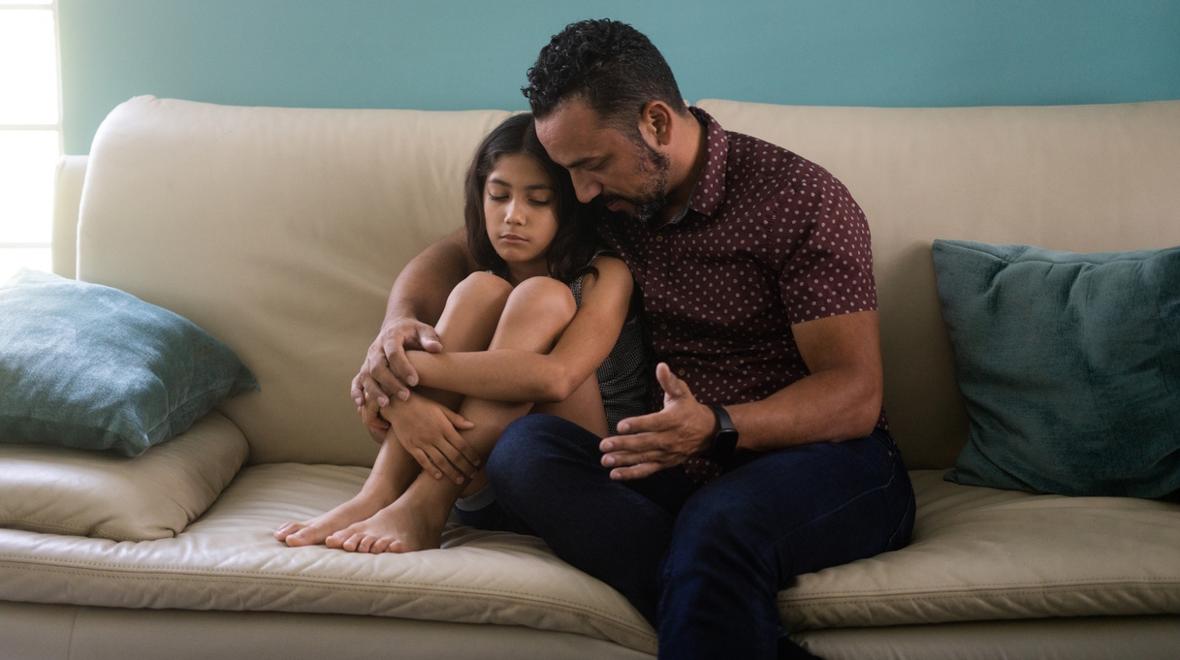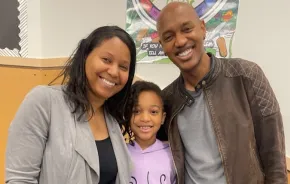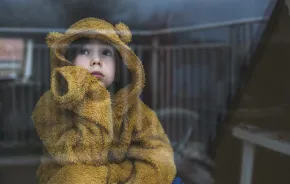
Yesterday a 17-year-old student was shot and killed in the parking lot at Garfield High School in Seattle.
As this news ripples across our region, your kids may have questions. As with adults, children are exposed to news coverage of violence; kids also hear about it from siblings and friends. And while there’s advice out there about how to talk about the news as a family, there’s something particularly upsetting about a shooting at a school.
So, where to start?
Dr. Robert J. Hilt, a child and adolescent psychiatrist at Seattle Children’s Hospital, says parents should be prepared to help their children deal with traumatic events. Here’s what he suggests:
Be open and honest. Kids are perceptive, and even young kids will be aware that something bad has happened, even if they can’t fully process it. When they ask questions, check with them to see what they know or think has happened. Keep answers simple, and avoid providing more information than needed.
Control what kids are seeing and hearing. Limit the amount and type of news coverage your child is exposed to. If the TV is on, make sure you watch with your kids so you can answer any questions they might have about what they’re seeing. Younger kids don’t have the ability to contextualize traumatic events. A child might personalize an event and worry that it might happen to his family. While teens are better able to emotionally process violence and disasters, they might still have questions. Make sure to check in with your older children as well.
Expect delayed reactions. While some kids will have questions right away, others may react days or weeks later. Encourage your child to ask questions whenever they have them, and check in to see if they are struggling to cope.
Offer different ways to express feelings. A child’s fears or anxieties may show up in the form of temper tantrums, nightmares, sudden shyness or a regression to behaviors she’s outgrown, such as thumb-sucking or sleeping with a stuffed animal. Provide different outlets for your child share her feelings, such as coloring, drawing or writing them down.
Keep up your routines. Regular schedules and routines help a child feel safe and secure. As much as possible, stick to your normal routines during stressful times.
Monitor your own feelings. Kids will pick up on their parents’ anxieties. Make sure you have a plan to manage your own feelings and seek help if you need it. Taking action, even in a small way, can help easy feeling of helplessness. We have a great list of places to start.
Reassure your child. Let your kids know that they are safe and will not be left alone.
Editor’s note: This story originally published many years ago and, unfortunately, has been updated by associate editor Kari Hanson on June 7, 2024.











